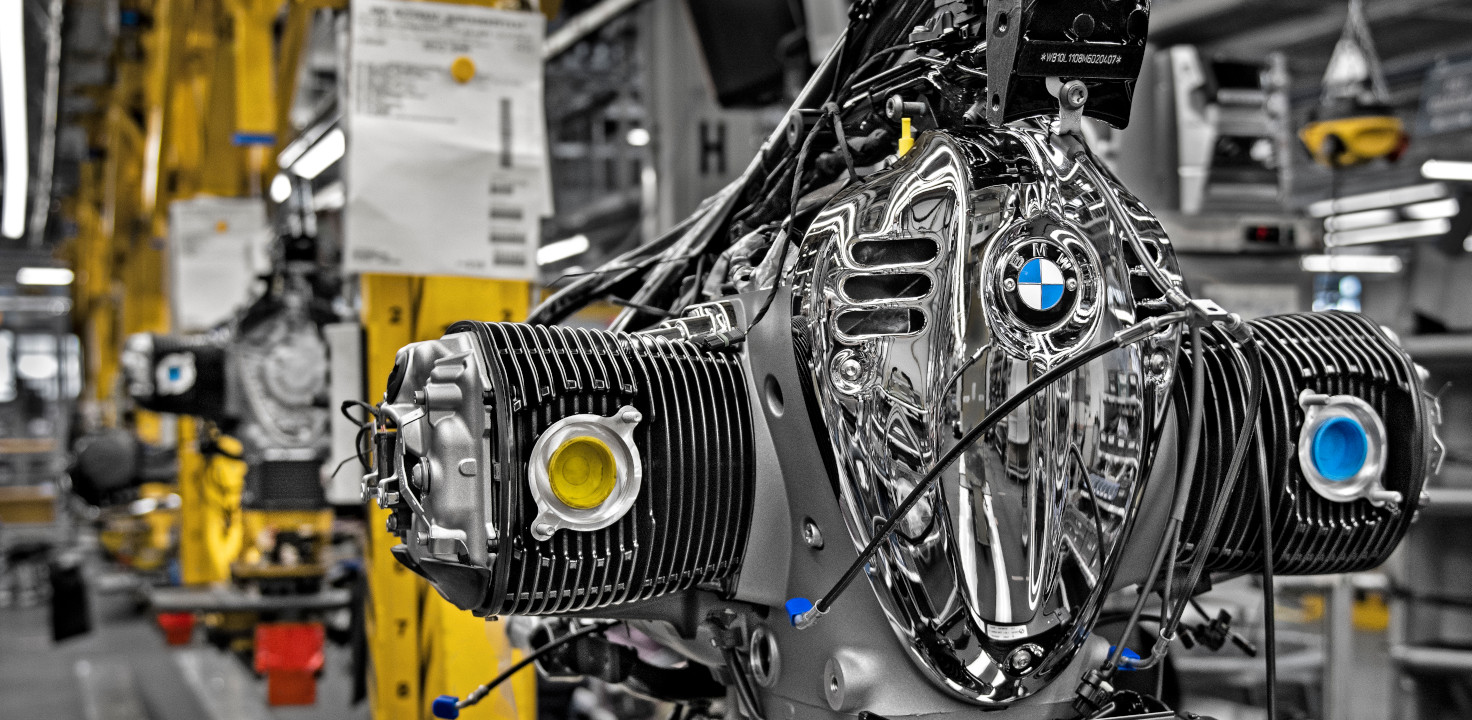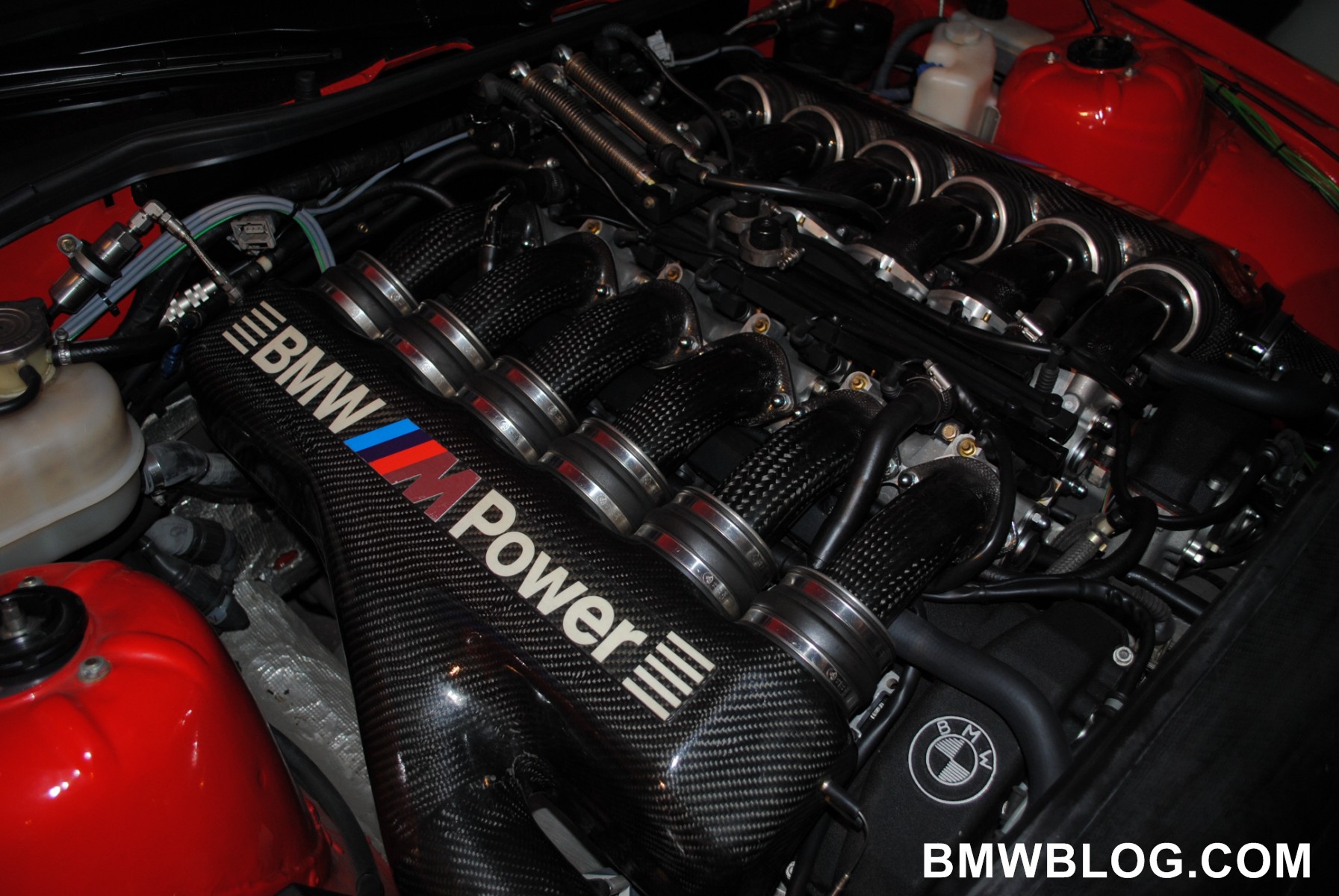Leading 5 BMW Engine Technologies Reinventing the Automotive Industry
Leading 5 BMW Engine Technologies Reinventing the Automotive Industry
Blog Article
Introducing the Intricacies of Next-Generation Power Units: a Deep Study Advanced Engine Layouts and Developments
As we stand on the precipice of a new age in transportation, the details of next-generation engine styles beckon us to check out the cutting-edge modern technologies and developments that guarantee to redefine the driving experience. Delving much deeper into the realms of exhaust control, intelligent engine management systems, and the horizon of power system advancement, we discover ourselves on the cusp of a transformation that assures to improve the landscape of mobility as we understand it.
Advancement of Engine Materials

The change towards advanced engine materials has likewise allowed engineers to design engines with higher power outcomes while preserving gas performance criteria. For example, using light-weight materials decreases the general weight of the engine, leading to improved fuel economic climate and lower discharges. Additionally, improvements in products technology have actually permitted far better thermal monitoring within engines, leading to boosted integrity and durability.
Turbocharging and Supercharging Technologies
Exactly How do Turbocharging and Supercharging Technologies transform engine efficiency and effectiveness in modern lorries? Supercharging and turbocharging are technologies that substantially boost engine efficiency by raising the quantity of air intake into the burning chamber. Turbocharging accomplishes this by using a wind turbine driven by exhaust gases to pressurize the intake air, while supercharging uses a belt- or chain-driven compressor to attain the exact same effect.
These modern technologies allow smaller sized, a lot more fuel-efficient engines to produce power equal to larger ones, recognized as downsizing. By requiring even more air right into the cylinders, turbocharging and turbo charging boost combustion performance, leading to raised horse power and torque outcome without a significant boost in engine dimension. This results in far better velocity, lugging capacity, and general driving efficiency.
Furthermore, turbo charging and turbocharging add to boosted fuel effectiveness by permitting the use of smaller engines that consume much less fuel under typical driving problems - bmw engine. This mix of enhanced efficiency and effectiveness has actually made turbocharging and turbo charging essential elements of lots of modern engine styles
Discharge Control and Environmental Influence
With increasing global problems pertaining to air quality and environmental sustainability, the application of discharge control innovations in lorries plays an important duty in reducing hazardous contaminants released into the atmosphere. Modern automobiles are furnished with advanced discharge control systems that aid decrease the environmental influence of auto procedures. Catalytic converters, for example, are made to transform poisonous gases such as carbon monoxide gas, nitrogen oxides, and hydrocarbons into less damaging compounds like carbon dioxide and water vapor.
Additionally, innovations in engine modern technology, such as the assimilation of exhaust gas recirculation systems and discerning catalytic decrease, have substantially added to reducing emissions. These technologies operate in tandem to maximize burning performance and minimize the launch of dangerous contaminants into the air. Additionally, the growth of crossbreed and electrical automobiles represents an important step in the direction of lowering the total news ecological footprint of the transport market.
Intelligent Engine Administration Solution

Moreover, these systems enable lorries to satisfy stringent emissions standards without jeopardizing efficiency, supplying a more eco friendly driving experience. The combination of synthetic knowledge and maker learning abilities in engine management systems continues to push the limits of what is feasible, resulting in more improvements in performance, dependability, and general lorry performance. bmw engine. As vehicle technology developments, smart engine management systems will certainly play a vital duty in shaping the future of transport in the direction of a more reliable and sustainable direction
Future Trends in Power System Growth
As smart engine monitoring systems lead the means for enhanced control and optimization in modern-day vehicles, future fads in power device growth are positioned to redefine the landscape of vehicle propulsion technologies. These different power resources use enhanced effectiveness and performance while straightening with stringent ecological guidelines.
One more significant trend is the assimilation of sophisticated products and producing techniques. Light-weight products such as carbon fiber and aluminum are being made use of to minimize general car weight, boosting gas effectiveness and performance. In addition, developments in 3D printing and additive manufacturing Check Out Your URL are enabling the manufacturing of complicated engine components with greater precision and longevity.
In addition, expert system and artificial intelligence are playing a vital function in maximizing power system performance. These innovations enable real-time surveillance and adaptive control, bring about much more dependable and effective power delivery. Overall, future fads in power unit development are tailored in the direction of performance, efficiency, and sustainability, driving the auto industry in the direction of a brand-new age of propulsion technologies.

Verdict
Finally, the developments in engine products, turbocharging, emission control, and smart management systems have actually led the way for next-generation power systems. These innovations have not only better performance and effectiveness yet also reduced environmental influence. As innovation remains to evolve, future fads in power system growth are likely to focus on more enhancing sustainability and enhancing power result. The complex layouts and advancements in modern engines showcase the continuous advancement of auto modern technology.
Discovering the dynamic advancements in engine materials has been essential in boosting the efficiency and performance of modern-day engines. Over the years, the advancement of engine products has played an essential function in pushing the boundaries of what engines can achieve.The shift towards advanced engine materials has also enabled engineers to design engines with higher power outputs while keeping gas performance criteria.The execution of smart engine administration systems in contemporary cars has reinvented the way engines are managed and enhanced for performance and efficiency. By collecting information in real-time and analyzing it with sophisticated algorithms, intelligent engine administration systems can adapt to driving designs, ecological aspects, and engine health and wellness to optimize power outcome while reducing fuel intake and discharges.
Report this page